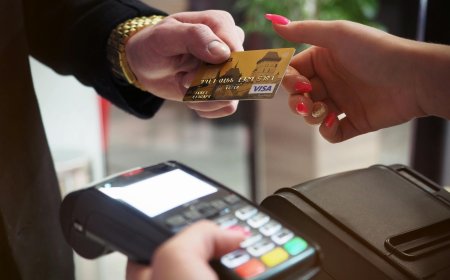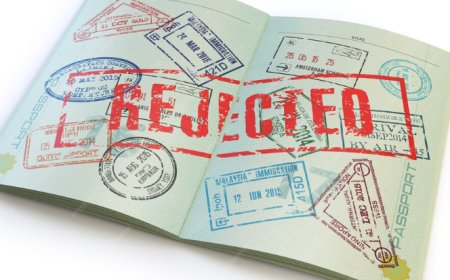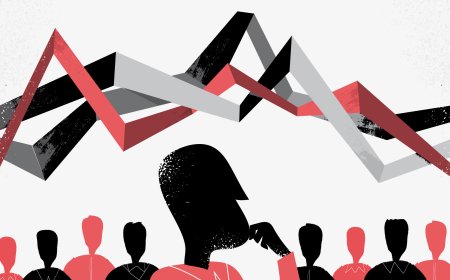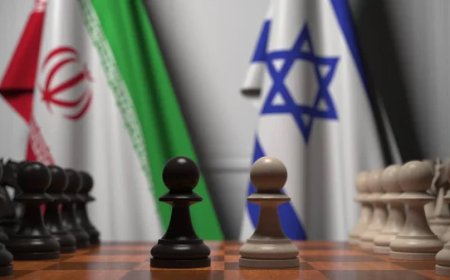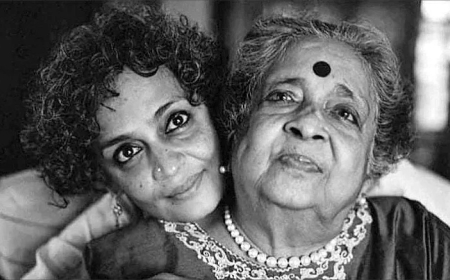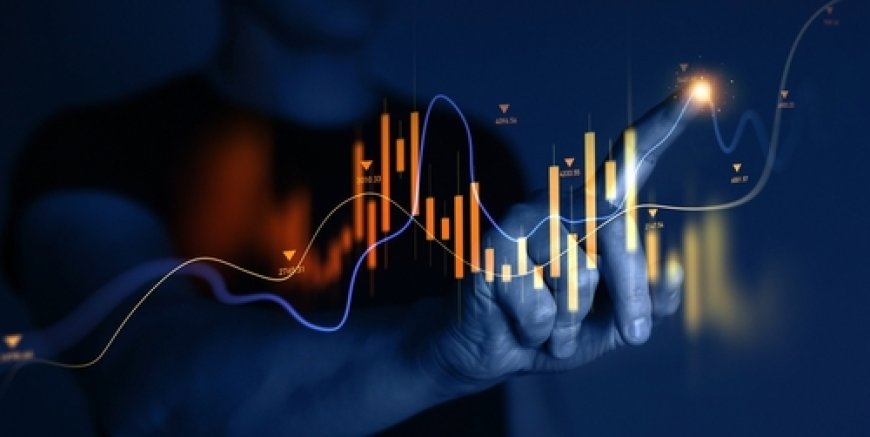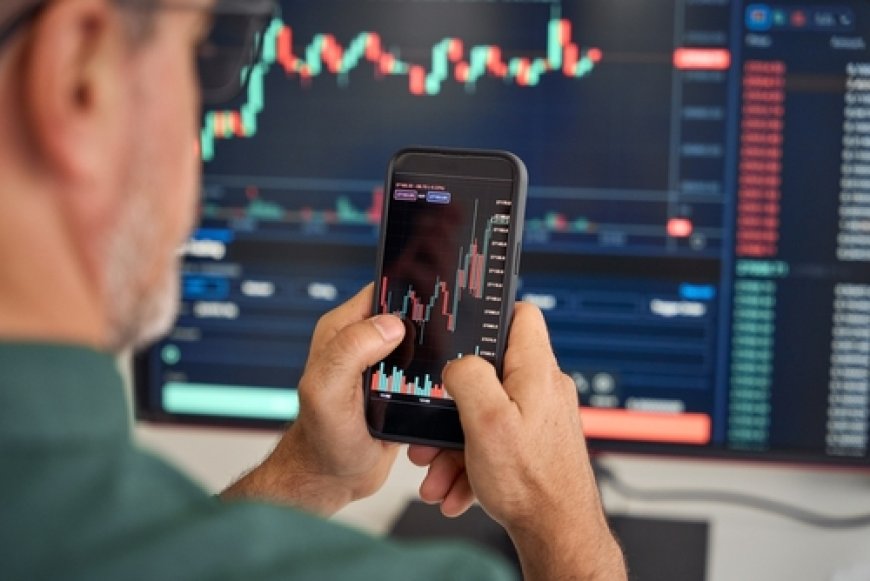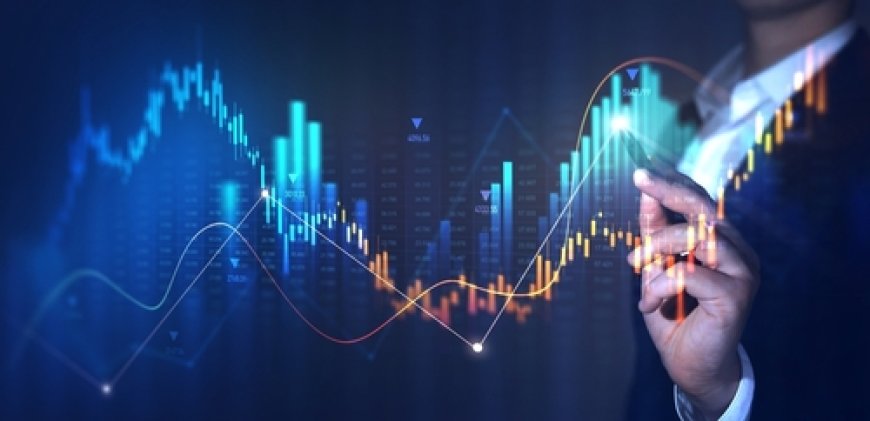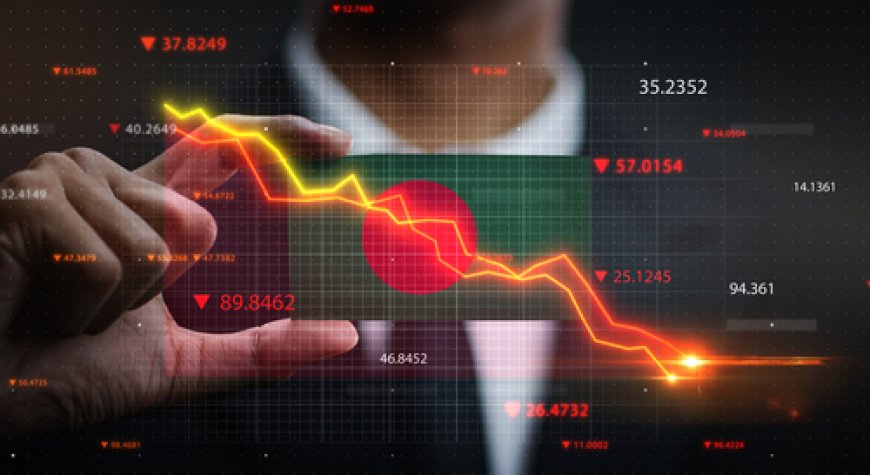Retail Investors Versus Dhaka Stock Exchange
It's true that retail investors are part of the problem with the stock market. But the DSE and the rules of the game aren't helping.
In ancient Greek mythology, Icarus fell to his death as his wings melted due to his close proximity to the sun. While his father had warned him to not get too close to the sun, it was Icarus's own negligence that caused his death.
The retail investors of the Dhaka Stock Exchange (DSE) are not very far off when it comes to their behaviour insofar as how they approach the stock market. While many had lost all their fortunes by considering it more or less as a casino, many still continue to come back and pour more of their hard-earned savings into the market, buying shares of companies whose factory or office locations have long since ceased to exist.
One classic example is when the DSE launched a probe investigation into the price hike of a particular company, that is listed in the paper and printing segment. When the investigating team went for physical inspection, they found no existence of either the company’s factory premises or its office.
This isn’t the first time that investors were duped of their hard-earned money. Most of the market participants that demand resignations of top officials within the BSEC or DSE feel that regulators can fix the markets. They refuse to acknowledge the technical issues and market dynamics that exist within the DSE.
For example, the only way that market participants can earn a profit, is by buying a certain stock, holding it for either T+2, or T+3 days depending on the settlement cycle, and selling it in the market post-settlement, if the market price of that particular company goes up. While a lot of financial experts don’t recommend day-trading, the modern world with its one touch apps make it appealing to the masses -- now, more than ever, earning a return on your investment is the easiest it’s ever been!
But, to most of our surprise, neither intra-day trading nor short selling is permitted within the DSE. Although rules are in place, the current settlement cycle requires a stock to be pre-verified, hence it is technically not possible to sell it short. If short selling was permitted, the market manipulators that are currently accused of being responsible for driving prices to abysmally low levels would have no incentive to do so, as investors would be able to earn a profit from both the upside and the downside. Same-day settlement cycles would make intra-day trading feasible, enhancing market efficiency. Introduction of derivatives and ETFs would also ensure that markets approach a more efficient frontier.
While it is easy to hypothesize as to what reforms and instruments would facilitate the market to be more widely accepted to both local and foreign investors, no investor from the Middle East, US or Europe would think about investing a portion of their assets into a stock exchange that has only received about $20 billion USD in its entire lifecycle.
In contrast to other frontier economies like Vietnam, whose 1% MSCI emerging market weightage gives it access to roughly $300 billion in capital flows. Emerging markets like Vietnam and Indonesia, not only thrive on tourism, but rather on drastic reforms that have caused both these countries and other similar nations like the Philippines or Malaysia to launch industries that have allowed these nations to emerge as top manufacturing hubs.
Once these companies start operations, not only do they add to the economy, but they also introduce financial instruments like corporate bonds, asset-backed securities and other instruments that allow the general masses and institutional investors to invest and reap the benefits of a growing economy that were product of those companies.
While our retail investors might behave similar to Icarus, who did not pay heed to his father’s warning and eventually fell to his death, the retail investors themselves are limited for choices. If not the stock market, the other investment vehicles are very limited for the masses. Most cannot afford to park their money in real estate or land as they require an obnoxious amount of capital to obtain ownership, regulatory hassles of dealing with multiple private and government stakeholders aside.
Bangladesh doesn’t provide a whole lot of options to its investors. A bond market exists which is full of government securities of different tenures. However, diaspora bonds, which give the investor the option to redeem the principle and coupon payments in US dollars aren’t easily accessible to the masses.
Similarly, a high risk-free rate in both treasury bills and bonds are what caused the stock market to fall in the first place, but when it comes to individual investors attempting to buy and sell treasury bills and bonds, the tedious process of requiring a BP ID as opposed to simply purchasing with their BO ID, lack of fractional investments and being able to encash their bills and bonds at will, make the process rather cumbersome.
Gold, which is seen as the best hedge against currency depreciation, is not legal tender, and citizens of Bangladesh, be it local or non-residential, are not permitted to buy and sell gold as part of their investment portfolio legally.
Neither can they legally hold foreign currencies like the US Dollar, British Pound or the Swiss Franc which hold their value relative to the BDT.
This brings us to the main premise that if no feasible legal alternatives are present, why is it that, like Icarus’ father, we inevitably end up blaming the retail investors of the Dhaka Stock Exchange?
For decades the regulations have been against them. Abrupt imposition of floor prices now and then, the nuisance from other regulatory bodies like the NBR, who imposed a 15% capital gains tax on a market that barely has 400 companies listed, should make you question their intentions about whether or not they want the capital market to grow and facilitate foreign investors.
A lack of access to alternative investments, and a ridiculously high rate of risk-free returns as assured from government-backed securities should make you question the government’s stance on the matter.
While many meetings have happened in the past, the expectations this time were somewhat different in Bangladesh 2.0. Yet somehow, the minutes from the meeting remained the same: introduction of more government securities, enforcing foreign companies to offload a portion of their shares in the DSE, and appointing foreign experts.
If the elephant in the room is not addressed, i.e the government’s high risk-free returns on its own securities and lack of access to other alternative asset classes due to fear of capital flight, all these directives will remain futile.
Icarus must die. Will it be a painless death or one draped in misery and agony is what the three million-plus retail investors like Icarus wonder about every day.
A former investment analyst, and an alumni of both the University of Toronto and Imperial College London, Sayeed Ibrahim Ahmed is currently an Assistant Professor of Finance at American International University-Bangladesh (AIUB) pursuing research along the lines of capital markets and economic policy.
What's Your Reaction?












